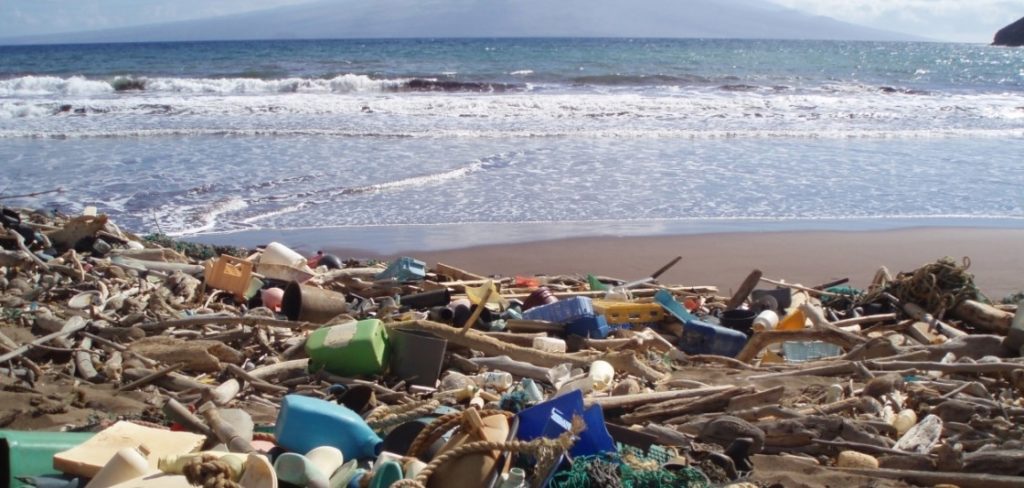✓ Servicing Pensacola, FL and the region
✓ Get a quote now, call 850-318-3138
✓ Customer friendly experienced staff
✓ Fastest service in northern Florida
✓ Join hundreds of satisfied customers
Here at Dumpster Rental, Pensacola, FL, we are waste management specialists in Florida and want to make sure all our waste disposal projects are conducted under the greatest safety.
A landfill is a location where garbage is buried for disposal. A landfill site can be used to dispose of any kind of garbage, but only a few types of junk can be buried without being processed beforehand. The kind of landfill used determines the kind of garbage that can be disposed of there. Sanitary landfills, which are used for non-hazardous garbage, and hazardous waste dumps are the two main categories of landfills.
A sanitary landfill uses other containment measures, such as covering it with clay or plastic composite liners, to prevent toxins from seeping from the material that is being landfilled into surrounding streams or ground water. In addition to these rules, environmental rules that call for garbage to be disposed of in a way that avoids groundwater pollution also apply to high-volume industrial landfills.
Many Landfill Types
Landfills for municipal solid waste
If you dispose of your trash in a trash receptacle, it is likely that it will wind up in a municipal solid waste (MSW) landfill. Typically, one of these places comes to mind when you think of a landfill. Despite being the most common, they may not always be available to the general public.
MSW landfills often have some of the tightest safety and monitoring rules because they typically handle the majority of domestic waste kinds, including everything from used tissues to cardboard boxes from a basement cleanout. These regulations frequently include limitations on landfill lining, operational procedures, groundwater monitoring, and closing procedures.
Landfills for industrial waste
It’s true that a landfill’s definition is plain. Landfills are used to dispose of various kinds of trash, including industrial waste. Although they are frequently used for the disposal of construction debris, these landfills can accept any type of solid industrial waste, which is why they are sometimes referred to as C&D landfills. Concrete, lumber, asphalt, gypsum, metal, bricks, and building materials are among the materials frequently disposed of in industrial dumps (doors, countertops, cabinets, etc.)
Landfills for hazardous waste
Hazardous waste landfills are the most strictly controlled and constructed landfills for significant reasons. They are made expressly to contain hazardous wastes in a way that practically guarantees there will be no environmental release.

Landfills for green waste
Despite the fact that the EPA has not given these dumps legal approval, many towns are beginning to provide a location for organic waste to break down organically. Because most conventional landfills and transfer stations are not as welcoming of organic products like fruits, vegetables, and, in particular, yard waste disposal, these composting facilities are growing in popularity.
Specific Landfills
Charlotte County Zemel Road Landfill
The Charlotte County Zemel Road Landfill is situated at 29751 Zemel Road in Punta Gorda, Florida (off of W US 41 Tamiami Trail). They will take waste such as friable and non-friable asbestos, construction and demolition debris, contaminated soil, dry industrial waste, asphalt, concrete, medical waste, municipal solid waste, sludge, tyres (auto), wood, white goods and bulky wastes, and yard waste.
Springhill Regional Landfill
The Springhill Regional Landfill is situated at 4945 West State Highway 273 near Campbellton, Florida 32426, 1.5 miles southwest of the city. They accept waste like construction and demolition debris, discarded carpet material, friable and non-friable asbestos, among other things.
Landfills have benefits
Hazardous waste is kept separate
Waste can be disposed of separately at landfills for recyclable and non-recyclable materials. Additionally, they offer a location to store additional dangerous materials that need to be kept away from people.
Landfills cost little
Since our rubbish will only need to travel a short distance to a landfill, transportation costs for garbage will be lowered. Additionally, this will reduce the pollution caused by rubbish movement.
Landfills Support Local Businesses and Jobs
Any nation’s efficient waste management system is a multimillion dollar endeavour that requires labour at every stage. More regional landfills equate to more jobs and improved living conditions for the local population.
The drawback of landfills
Soil and water contamination
Even while landfill protection membranes rarely rupture, when they do, the results can be disastrous. Pollution of the soil and water is caused by hazardous chemicals, gases, and toxins that leak from landfills and mix with the groundwater and soil.
Metals, ammonium, carbons, and other poisons introduced into the environment cause the soil to lose its texture and naturalness and harm aquatic vegetation and fauna.
Nature Is Affected by Landfills
Animals and flora suffer when landfills are present. Feeding grounds for some animals and birds are landfills. They consume drywall, plastic, aluminium, and other things by doing this.
